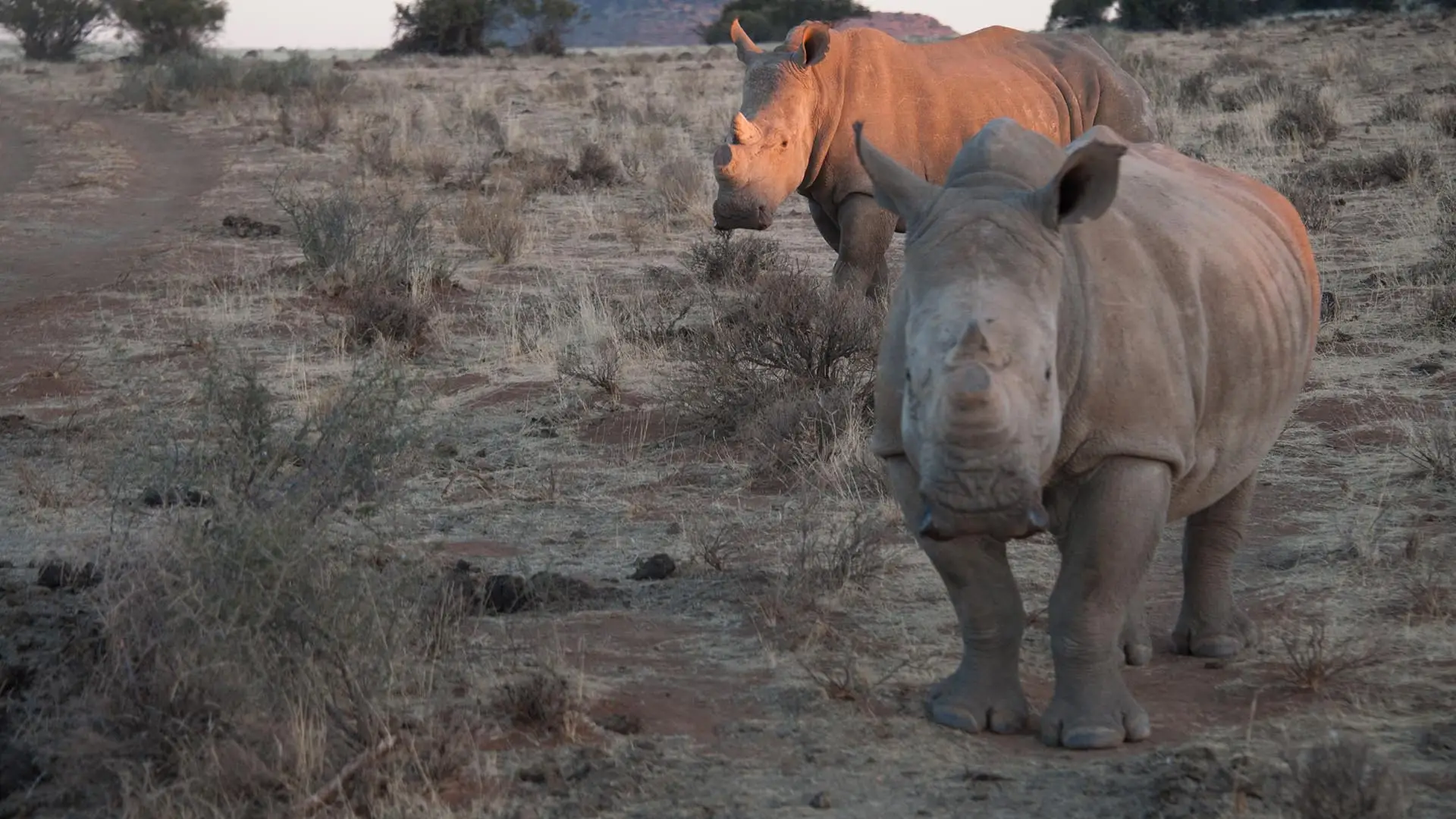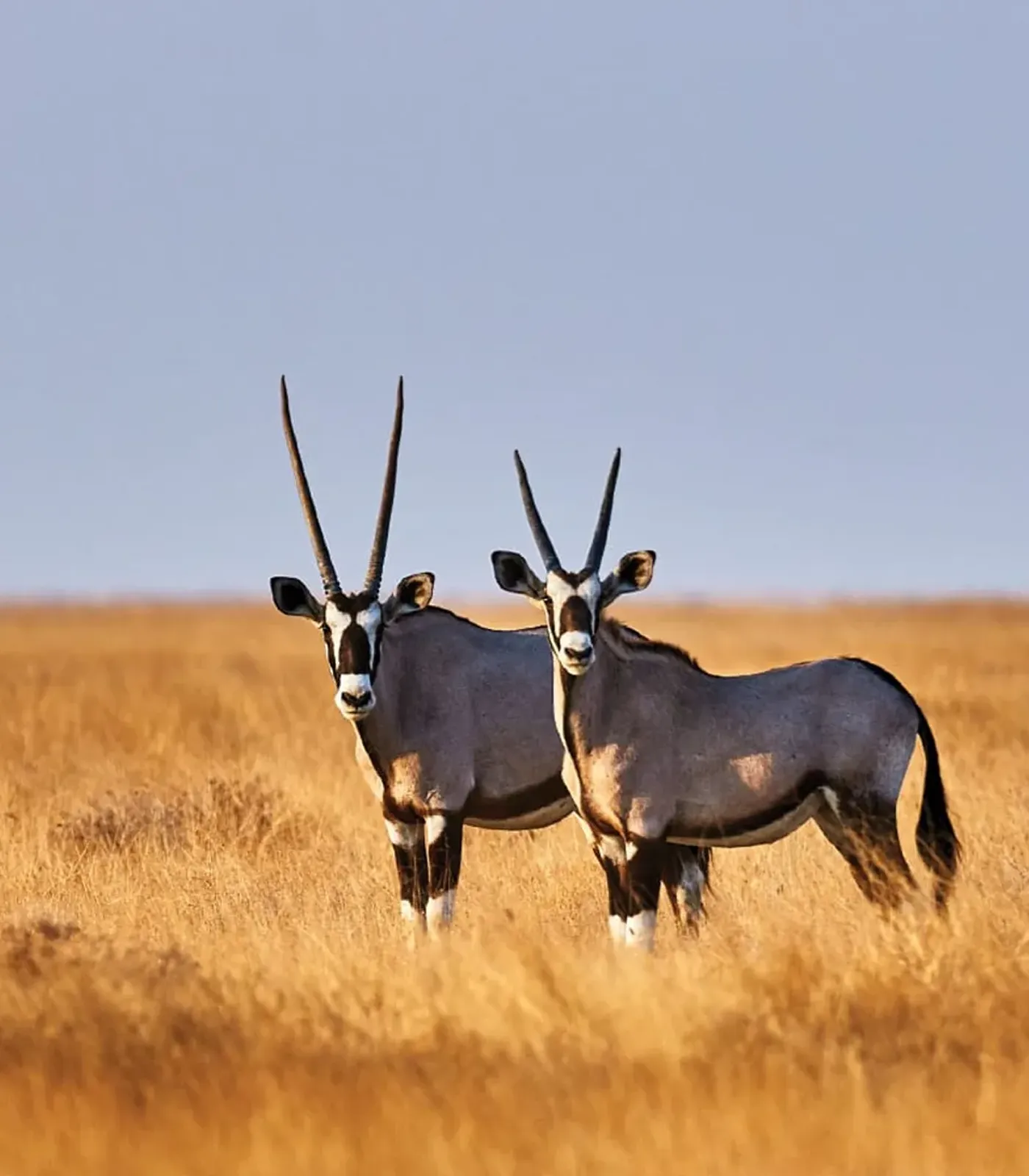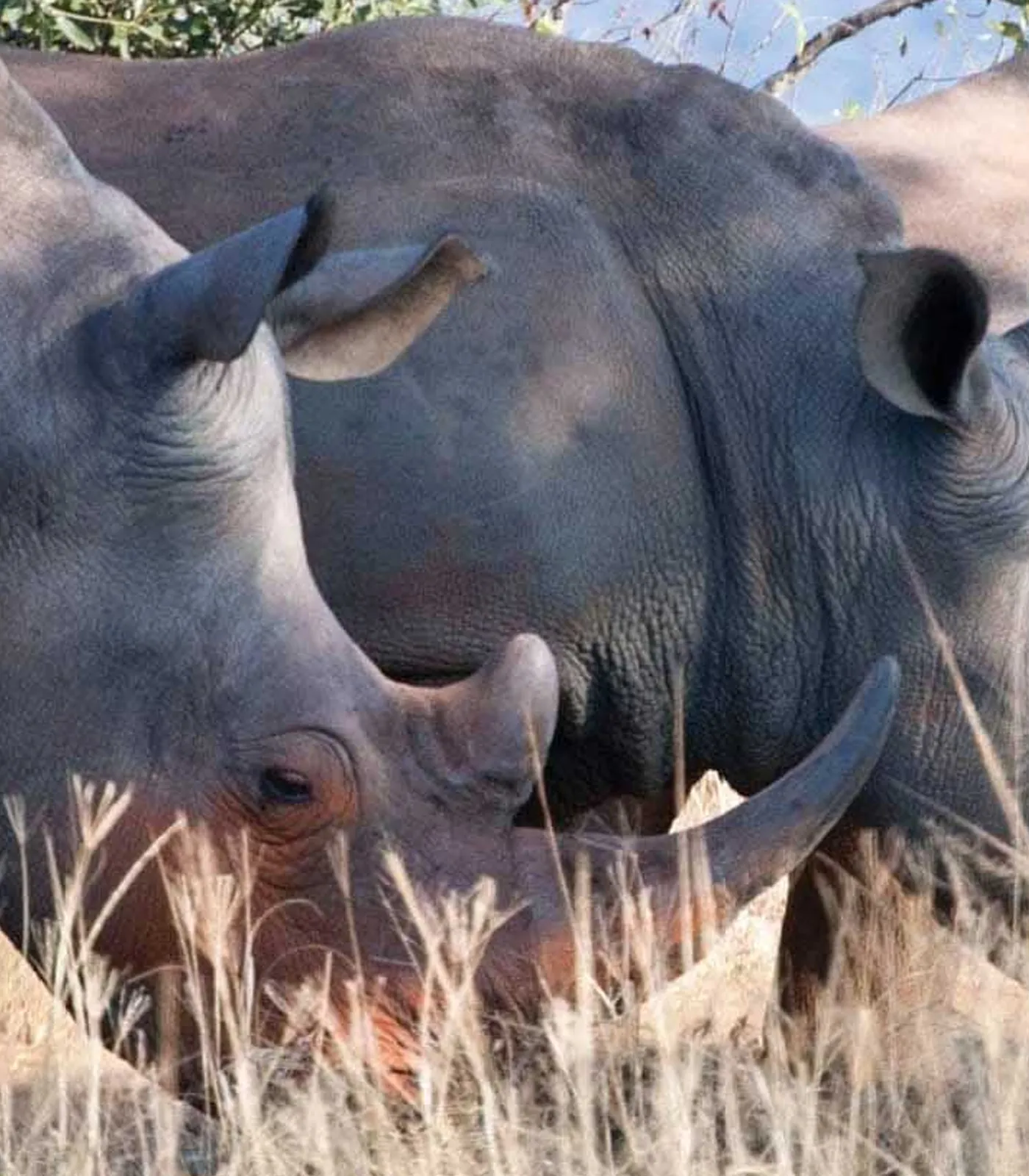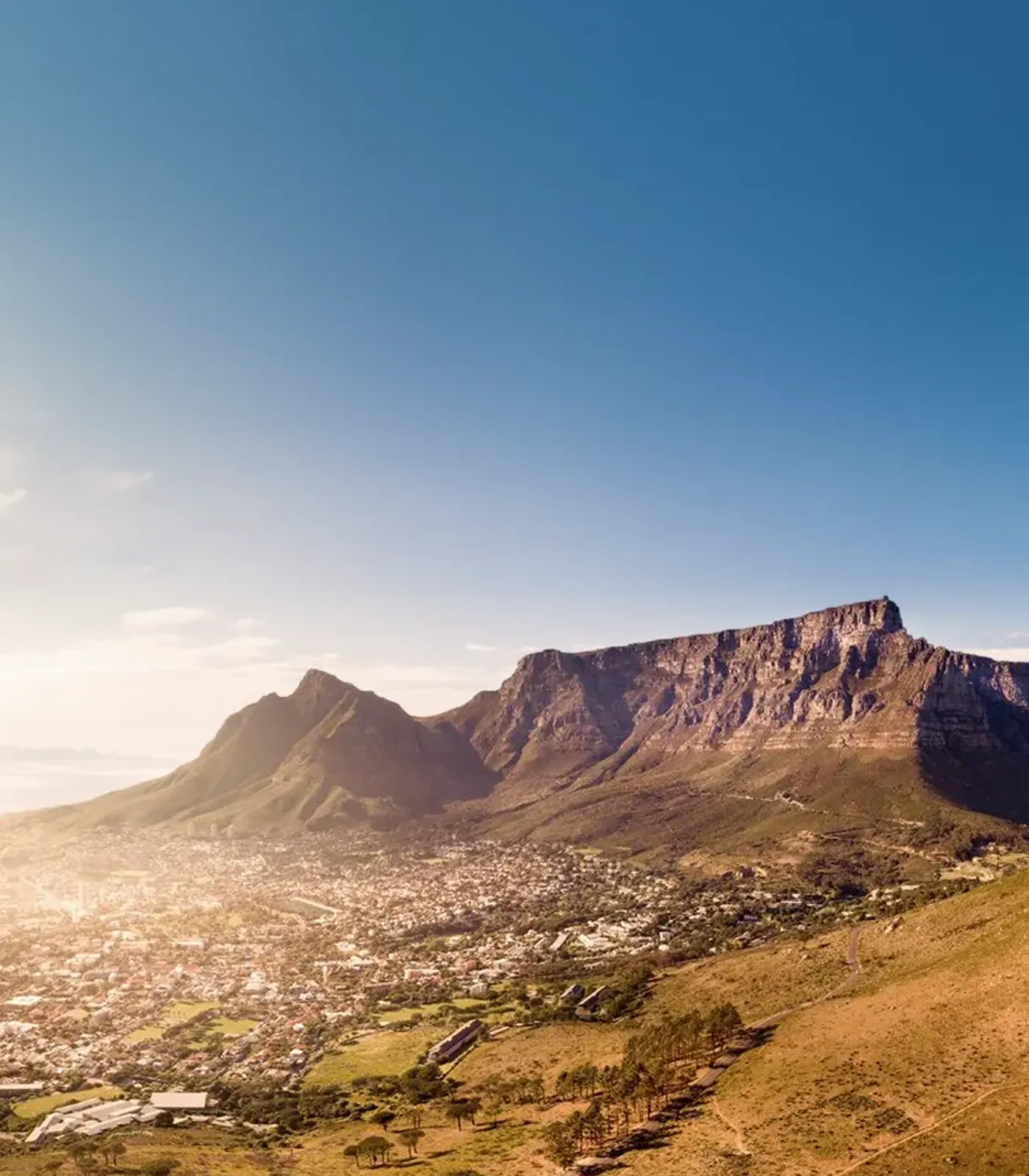Seven Wild Animals in Africa Quietly Going Extinct
With humanity’s persistent destruction of the natural environment, Africa’s wildlife is increasingly under threat from human overpopulation, urban sprawl, climate change, poaching and illegal trade. With many species so intrinsic to Africa’s landscape, it’s easy to forget just how vulnerable they have become. Here is a list of some of Africa’s most iconic wild animals and the threats they endure.
African elephant (Loxodonta)
Fifty years ago, Africa was home to over a million elephants. Today, thanks mainly to habitat loss and ivory poaching, that number has been reduced to a mere 350 000 elephants, the bulk of which live in Southern Africa. In 2015, a three-year project to count all of Africa’s elephant from the air, the Great Elephant Census, found Asia’s demand for ivory had reduced the population by a third in just one decade.
The plight of Africa’s elephants is devastating, not only for the species but also for those dependent on their survival. Elephants play a vital role in keeping ecosystems healthy. As they move through the bushveld, they create pathways and gaps that allow new vegetation to grow and space for smaller animals to move. In the dry season, they use their tusks to dig for water, creating essential water holes for other animals. And some plant species rely entirely on elephants for their seed dispersal.
Rhino (Rhinocerotidae)
Despite awareness campaigns and a massive effort globally to clamp down on rhino horn trade, Africa’s rhinos continue to be plundered by poachers at an excessive rate. Nearly 9000 rhinos have been lost to poaching over the past decade, an average of 3 a day. South Africa, which holds 80% of the world’s rhinos, has been the hardest hit with more than 1,000 rhinos poached every year since 2013.
Asian countries, particularly Vietnam, regard the horn – which is made of keratin, the same as human fingernails – as a status symbol. It is also believed to be a valuable traditional remedy aiding various ailments and promoting longevity and virility.
Five species of Rhino exist, three Asian and two African, all of which are gravely dangered. Africa’s smaller Black Rhino inhabits thick jungle is more elusive and rarer than the White ‘square-lipped’ Rhino.
African lion (Panthera leo)
Wild lion populations have dropped by 42% over the past 20 years, with just 20 000 left in Africa. Only six countries, of which South Africa is one, contain more than 1000 wild lions.
Among the threats to their survival are habitat loss and human conflict. As human sprawl encroaches on wild areas, lions turn to livestock for prey, fuelling human-lion conflict and fuelling lion killing. Bushmeat poaching, land fragmentation due to development and poorly managed trophy hunting are also contributing to the species becoming extinct in the wild.
One of the worst threats to lions in South Africa is the captive lion breeding industry which has grown significantly in the country over the past decade. Conservationists say the industry has no conservation value to the species and is aiding the burgeoning lion bone trade. The practice involves breeding lion cubs for petting before releasing them into enclosures for the cruel practice of “canned” hunting.
Pangolin (Manidae)
Even though international trade in pangolins is illegal, this rare and elusive creature remains the most trafficked mammal in the world. Tens of thousands of pangolins are killed every year, approximately 300 a day in Asian countries. Their scales are an ingredient in traditional Asian medicine, and their meat is considered a delicacy in China and Vietnam.
Also known as ‘scaly anteaters’, eight species of pangolin exist, four in Asia and four in Africa. For years only the Asian species were targeted by poachers. In more recent years, having depleted Asian populations, African pangolins are now being hard hit by illegal traffickers.
The harmless, solitary creature lives in burrows and is mainly active at night. When threatened it rolls into a ball, protected by its hard scales, and can release a stinky fluid from a gland at the base of its tail as a defence mechanism.
Giraffe (Giraffa camelopardalis)
The tallest mammal on earth has not received as much press as elephants and Rhino’s, yet giraffe populations in Africa are quietly diminishing. Its estimated there has been a 40% decline since the 1980s, with only 68000 mature individuals left across the entire continent. As with other threatened African species, giraffe populations are dwindling from habitat loss and fragmentation due to human development, poaching, and the effects of war and civil unrest.
Considered ‘easy prey’ with a vast bulk of meat, they are mainly targeted by poachers for the bushmeat trade. Trading giraffe’ products’ is rife and, in some countries, giraffe bone marrow and brains are considered a cure for HIV/AIDS. Sadly, the species remains unprotected by the Convention on International Trade in Endangered Species of Wild Fauna and Flora (Cites) and so global trade continues unabated.
Of the eight species and sub-species: four are on IUCN list as endangered and the rest as vulnerable.
Vulture (Aegypius Monachus)
Often mistakenly thought of as lowly scavengers, vultures play a vital role in keeping ecosystems healthy. By scavenging on dead animals, they assist in “cleaning up” and hastening the decomposition process preventing the spread of disease to other animals and humans.
These creatures have become critically endangered as several impacts threaten their survival. Energy structures like power lines and wind turbine farms cause most of the deaths of these large birds through mass electrocution and collisions. Farmers illegally poison carcasses to trap ‘problem’ scavengers like jackals, which has led to the deaths of 1000s of vultures every year. Vultures scavenging on carcasses left behind by unethical hunters using lead bullets often die from lead poisoning. More recently, poachers have begun poisoning vultures at the site of their killings to prevent the birds from alerting authorities to the massacre.
Some cultures believe that parts of vultures will bring them super-natural powers and regularly shoot or poison them to gather body parts.
South Africa is home to five vulture species, of which the White-Headed Vulture and Bearded Vulture are the most critically endangered.
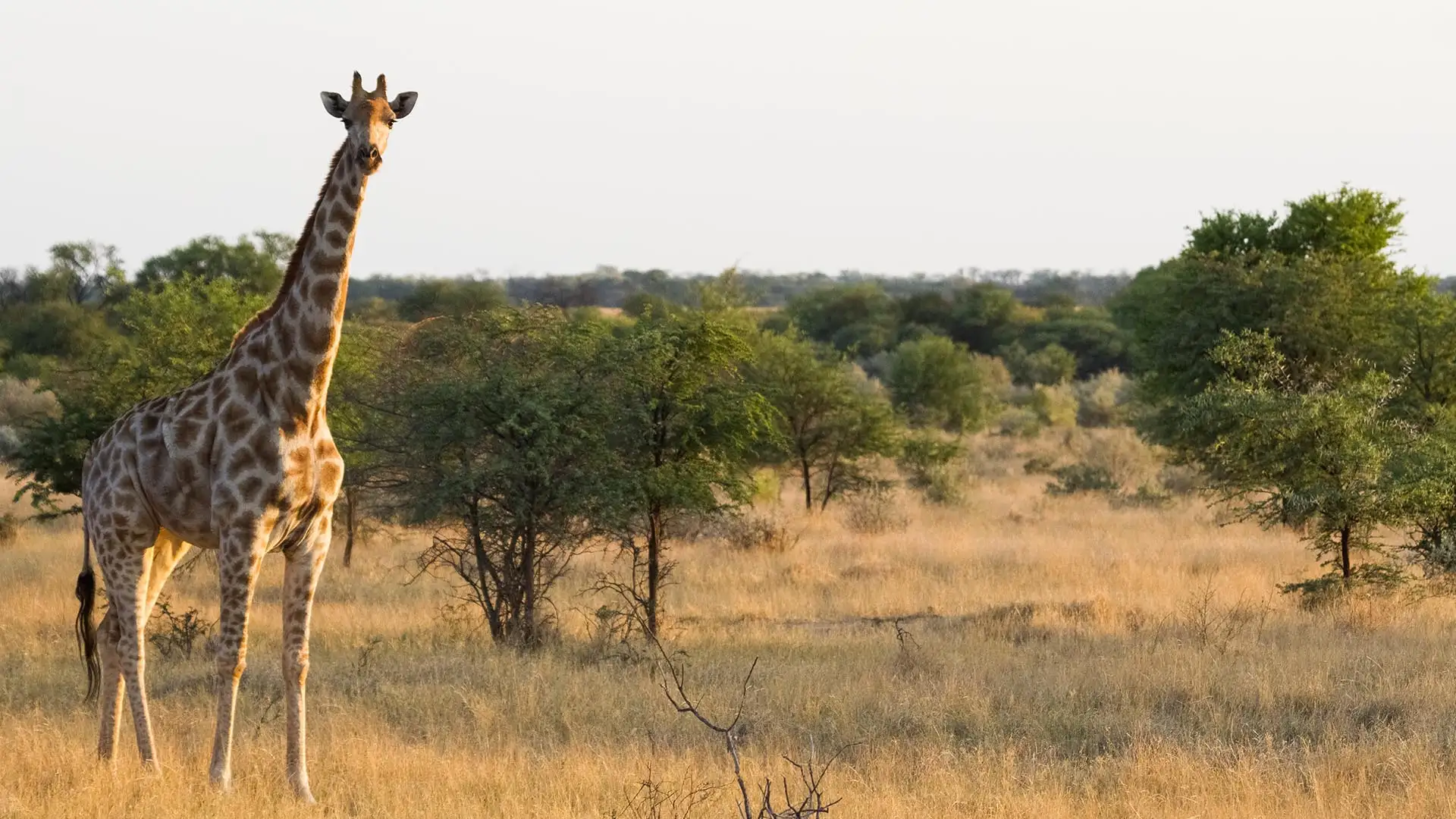
African Wild Dog (Lycaon pictus)
Once considered pests, African Wild Dogs were hunted in the thousands in South Africa through a government-endorsed programme as late as the 1960s. Now, fewer than 7000 are left, mainly in southern and eastern Africa. Even in well-protected areas, their low population numbers make them particularly vulnerable to habitat fragmentation, and most populations are still declining.
The biggest threat to Wild Dogs is human ignorance and misinformation. Many farmers, believing them to be dangerous and indiscriminate pack hunters, regularly snare and shoot them yet livestock attacks are almost non-existent.
Also known as ‘painted dogs’ due to their unique patchy colouration, Wild Dogs are highly social and bear strong family bonds. With their priority being to protect their pack, they spend most of their time together, taking care of each other’s pups. If a pack member becomes ill or injured, the others will rally round to care for them.
It’s through game farms funded by legal and ethical hunting that many of these at risk species still survive. On privately owned land wild animals are safe from human encroachment avoiding conflict, urban sprawl, poaching and illegal trade. Outfitters like Avula, are deeply dedicated to conservation and have been steadily increasing the population of species that would have otherwise disappeared decades ago through effective breeding and population management. We practice ethical hunting and try to pass on those ideals and virtues on to everyone who visits us. We have 3 lodges in three locations that each offer a unique experience for international hunters looking for a true African adventure. Take our quiz and find out what kind of hunter you are, and which of our amazing locations is perfect for you.
